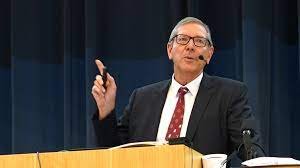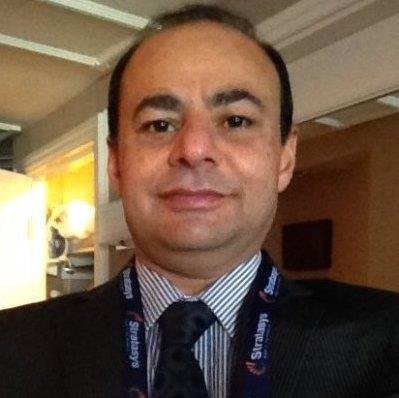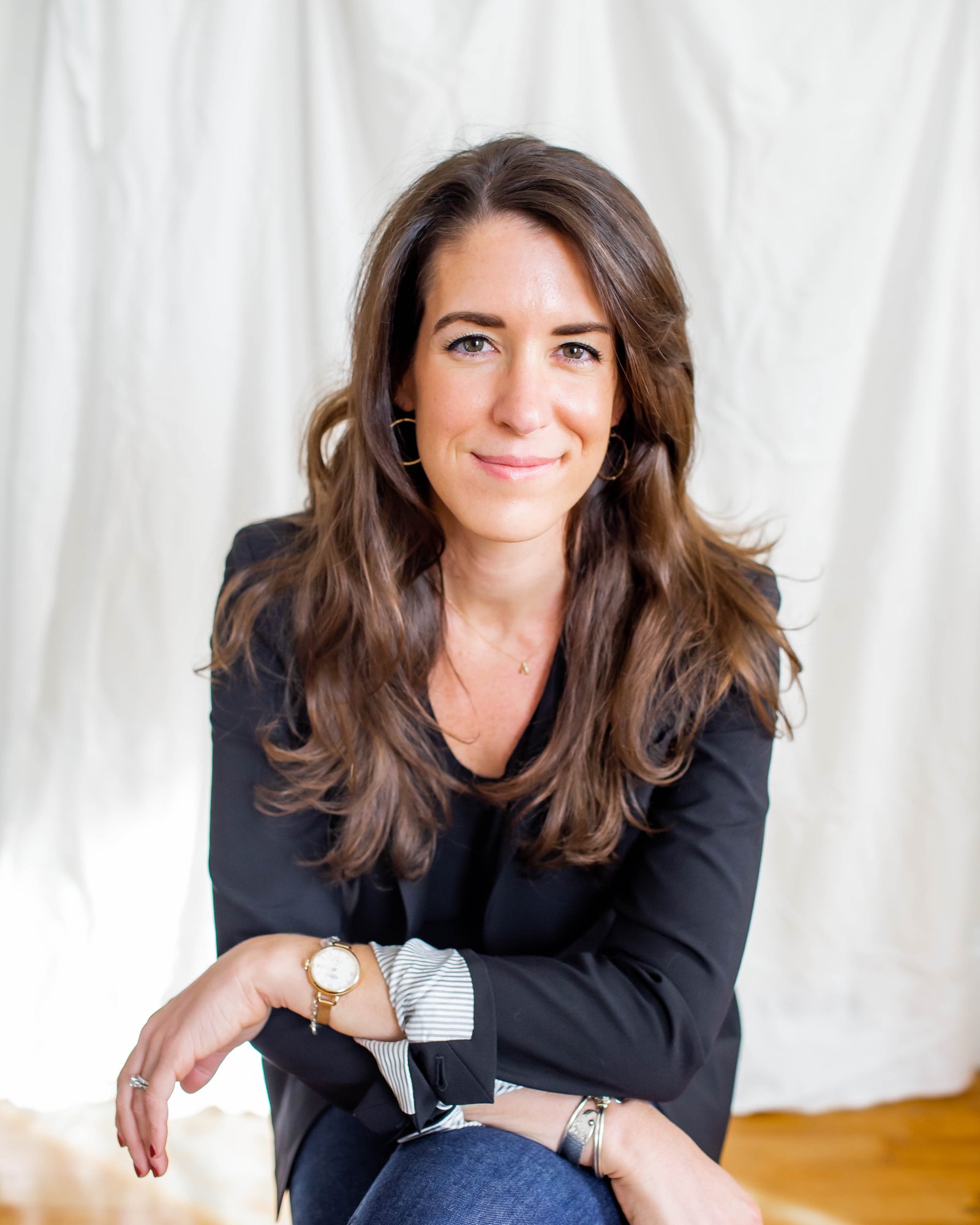We
are delighted to share and invite you to the 3rd International Conference on Renewable and Non-Renewable Energy which
is going to be held in Amsterdam,
Netherlands during May 26-28, 2025, the premier international forum for the
discussion of the latest developments in Renewable and Non-Renewable
Energy.
The topics covered in this event will include Waste to Energy and Smart Grid Systems, Photovoltaic Technology
for Rural Development, Nano Energy & Energy Materials, Sustainable and
Renewable Energy and so on.
The conference will feature plenary lectures, keynote lectures and poster
presentations, giving attendees the opportunity to engage with leading experts
and learn about cutting-edge vaccine technologies and techniques. Additionally,
the conference will provide ample opportunities for networking and
collaboration, with attendees coming from all around the world.
Overall, the 3rd International Conference on Renewable and Non-Renewable
Energy promises to be an important forum for advancing our understanding
of Renewable and Non-Renewable Energy.
We had a great conference in the last year-2024 and we are looking forward to
the next one in 2025. Let's join us in the celebration of our success.
Sincerely,
Yashmin |Conference Secretary
ICRNRE-2025





Chair of High-Power Converter Systems, Technical University of Munich, Germany

Flensburg University of Applied Sciences, Germany
Abstract Submission Deadline
Early Registration Deadline
Standard Registration Deadline
Conference Dates:
Subscribe to our newsletter for
the latest news.

To encourage new academic inspirations
To provide vibrant platform for oral presentations
To Provide Networking opportunities with eminent scientists
To provide friendly environment to present ideas
To help to grow their skills, broaden their horizon
To strengthen inter-disciplinary integration

The work must be predominately that of the student
The topic must fit into scientific sessions of the conference
Each individual participant is allowed to submit only one paper
None of the authors should have senior position or faculty position

Best Poster Award:
Best poster award will be given to the outstanding poster presentation
Best Oral Award:
Best oral award will be given to the outstanding presentation

Oral Presentation is an effective way to present your valuable research work to get recognized. Oral Presentations consist of Plenary, Keynote and a series of Invited Talks with specific time durations.

A poster presentation is another potential channel to disseminate your research of a topic in a short and concise format. Posters offer the opportunity to engage with other conference attendees interested in the same subject and application as you.

Workshop provides a high-yield, more efficient and effective tool for discussion, problem solving and feedback about one’s scholarly work. Each workshop lasts for 1 hour intensive and interactive discussion about a topic.

Participating in the conference only without neither presentation nor paper publication. Listener will get networking opportunities to exchange and gain new knowledge, while interacting with the intellectuals and academics in the field.
Amsterdam is the capital and largest city of the Netherlands, located in the province of North Holland. Known for its picturesque canals, historic architecture, and vibrant cultural scene, Amsterdam is a popular tourist destination and a hub of commerce and innovation.
One of the most distinctive features of Amsterdam is its system of canals, which crisscross the city and provide a picturesque backdrop for leisurely boat rides and strolls along the waterfront. The Canal Ring, a UNESCO World Heritage site, is a popular area for walking and cycling, with its narrow streets and gabled houses dating back to the 17th century.
Another iconic feature of Amsterdam is its historic architecture, which ranges from Gothic and Renaissance styles to Art Nouveau and modernist designs. The city is home to numerous museums and cultural institutions, including the Van Gogh Museum, Rijksmuseum, and Stedelijk Museum, which showcase the works of famous artists and designers.
Amsterdam is also known for its vibrant nightlife, with numerous cafes, bars, and clubs catering to a diverse range of tastes. The city has a thriving food scene, with a mix of traditional Dutch cuisine and international flavors, and is home to many Michelin-starred restaurants.
In addition to its cultural attractions, Amsterdam is a major center of commerce and innovation, with a strong presence in industries such as finance, technology, and logistics. The city is home to many international companies and startups, as well as renowned research institutions and universities.
Overall, Amsterdam is a fascinating and dynamic city with a rich history, diverse culture, and innovative spirit, making it a must-visit destination for travelers and a hub of creativity and opportunity for professionals and entrepreneurs.